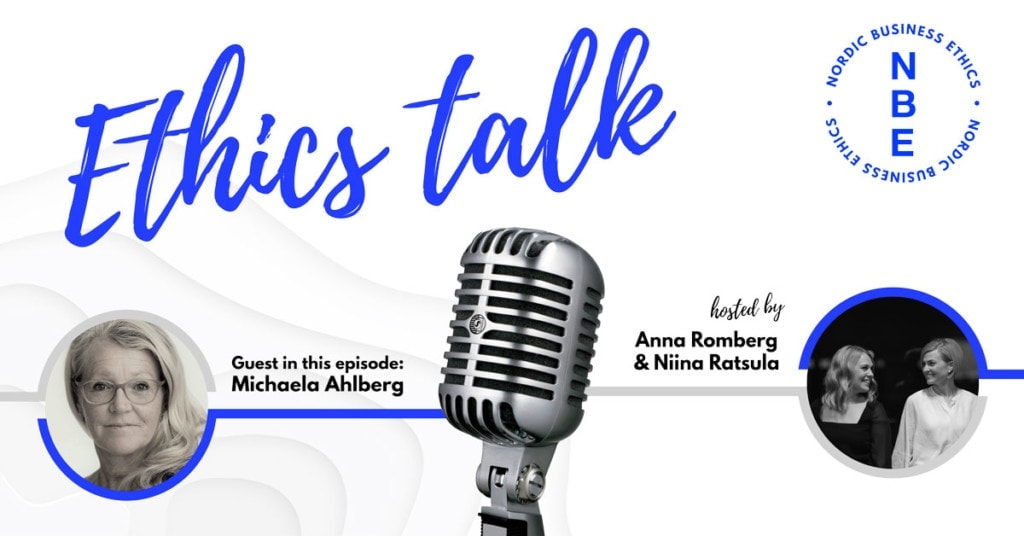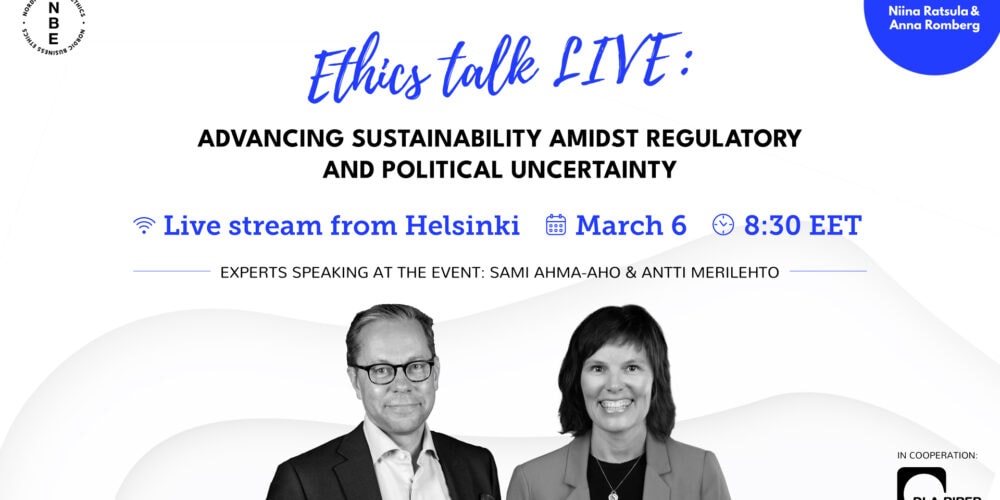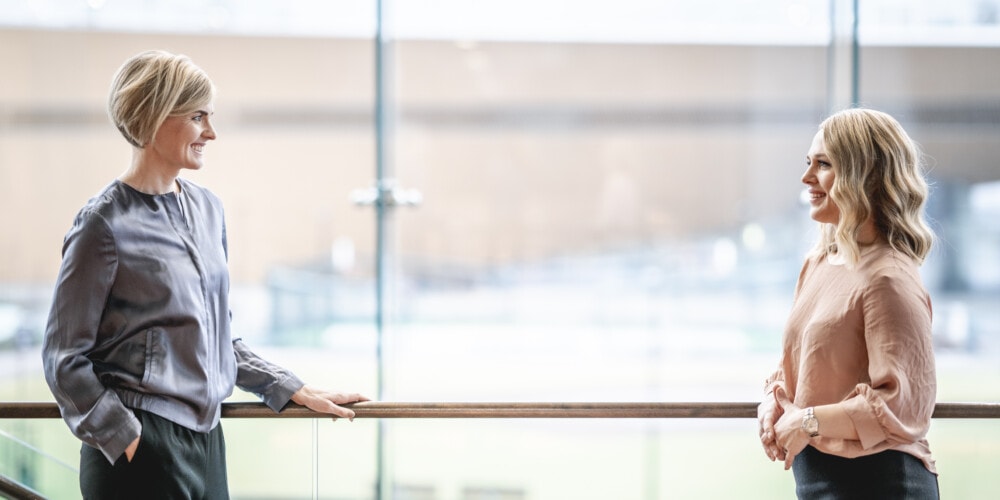What can the rest of the world learn from the Nordic values?
According to Michaela Ahlberg, there is a lot of discussion and noise going around in the world which questions our extreme faith in the capitalistic system put in place by Milton Friedman. This system has ultimately created endless greed and desire for personal satisfaction, ending up to ever-increasing income gaps.
Are poverty and fame worth the worship? Now you can see politicians, corporations, and leaders starting to question this. They are looking for new ways to find new values. Michaela believes that the Nordic values may come to use in a wider sense in the world.
STRONGER BELIEF IN sOCIETY
Nordic people pay high taxes without too much of a complaint because we feel that there is certain loyalty to other people and society. We believe it is important that people get an equal chance to succeed, by having schools and hospitals.
“We have a stronger belief in values like compassion, togetherness, and loyalty. Instead of focusing on individual success, we place more focus on the success of the group. Now as the world is going through a crisis, it’s important to care about the group instead of the individuals. Thus, the Nordic values can provide a great asset for the society and organizations to survive the crisis,” says Michaela.
Instead of focusing on individual success, we place more focus on the success of the group.
Michaela Ahlberg
Are Nordics more ethical than others?
Michaela does not believe that we in the Nordics are more ethical than anybody else. Instead, she believes we have the capacity to grow our ethical compass and be more ethical in business if we rely on the common values that we have ingrained in our Nordic culture. We can inspire ourselves and others to be better in business by relying on our values.
Trust is the great strength of the Nordic society. On the other hand, trust is also our weakness. Sometimes we might trust too much in business. For example, when Nordic companies go to foreign markets and use third parties, the risk of fraud and corruption often gets underestimated.
We should train ourselves to disagree
According to the Nordic Business Survey, about half of the employees do not speak up when they observe something they perceive as unethical. Michaela finds this surprising: Do we have too rosy a picture of ourselves on how good we are? Even people in managerial positions do not ring the alarm bell when they should. Reasons for this typically are that people believe that someone else will take care of it, or they have very little faith that it would matter whether they raised a concern or not.
We also like to agree and have a consensus: it should be nice around the table. We are not too well equipped to disagree, speak up or point out something that is contrary to what others say. It’s not so much in our nature, so we should train ourselves to become better.
We also like to agree and have a consensus: it should be nice around the table.
KEY TAKEAWAYS
To summarize, here are three takeaways from the #ethicstalk with Michaela Ahlberg we would like to share with you:
- A profound belief and trust in society characterize all of the Nordic countries. Group success is considered more valuable than individual prosperity, which contributes greatly to Nordic countries being the happiest in the world. While the deep level of trust is regarded as a tremendous strength of the Nordics, it can inversely become a weakness if gone too far to naivety.
- Determination, great colleagues, and open discussion combined with the clarity of expectations make up a delicious recipe for success. Good leadership shows up not merely by focusing on profitability and results, but most importantly by emphasizing the Nordic values – integrity and the courage to view things from different perspectives.
- Businesses contribute greatly to society and individuals. They have the capacity to do the right thing and change – not just for themselves but also for the whole world.
Missed the podcast?




